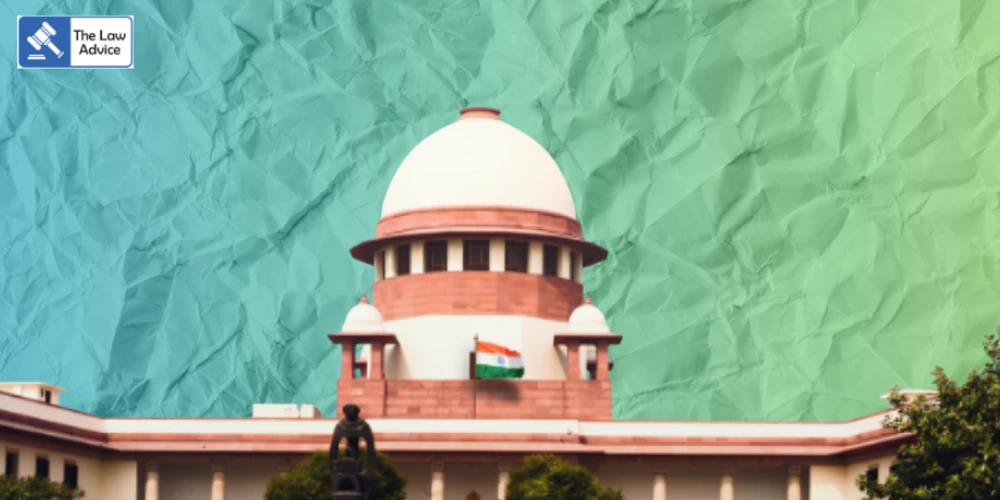
In a major step toward long-pending institutional reforms, the Supreme Court has ordered the Union Government to set up a National Tribunals Commission (NTC) within four months, stressing that the executive has a constitutional duty to constitute the body as consistently directed in previous rulings.
A bench of Chief Justice of India BR Gavai and Justice K. Vinod Chandran issued the directive in the Madras Bar Association case, in which the Court also struck down the Tribunal Reforms Act, 2021.
Earlier, in the 2020 Madras Bar Association judgment that invalidated the Tribunal Rules, 2020, the Court had mandated the creation of the NTC—envisioned as an independent authority responsible for overseeing appointments, monitoring the functioning of tribunals, handling disciplinary matters concerning tribunal members, and addressing administrative and infrastructural requirements in a centralized and consistent manner.
Despite these clear directions, the Union Government did not constitute the NTC. Expressing dissatisfaction with this inaction, the Court reiterated that the Centre carries a “constitutional obligation” to establish the Commission, as explicitly held in the earlier verdict.
Calling the NTC a crucial structural safeguard, the Court emphasized that such a body would ensure independence, uniformity, transparency and proper oversight of tribunals across the country.
Observing that the Central Government’s piecemeal attempts through the Tribunal Rules, 2020, the Tribunal Reforms Ordinance, 2021, and the Tribunal Reforms Act, 2021 had all failed judicial scrutiny, the Court said a permanent and independent institutional mechanism was imperative.
The bench further stressed that the NTC must be constituted strictly in accordance with the principles previously laid down—free from executive domination, guided by professional expertise, following transparent selection processes, and equipped with strong oversight systems to strengthen public trust.
“The Commission so constituted must adhere to the principles articulated by this Court, particularly those ensuring independence from executive control, professional expertise, transparent procedures, and oversight mechanisms that reinforce public confidence,” CJI Gavai wrote.
Providing the Union Government one last opportunity to comply, the Court concluded:
“We grant the Union of India a period of four months from the date of this judgment to establish a National Tribunals Commission.”
Case: Madras Bar Association v. Union of India | W.P.(C) No. 1018 of 2021
Website designed, developed and maintained by webexy